One of my passion for living is to contribute to ending extreme poverty, directly or indirectly in my own little way. The way I do this is to contribute to the knowledge economy. According to Wikipedia, “knowledge economy” is an economy in which growth is dependent on the quantity, quality, and accessibility of the information available, rather than the means of production. I believe that the more informed you are, the more opportunities you have to grow. The more you grow, the more you get out of the poverty line.
By definition, living in extreme poverty means living on less than $1.90 a day. So, technically, if you spend more than $1.90 a day without living in debt, you are not living in extreme poverty. But, don’t stop here. You need to keep growing and help more people get out of the extreme poverty line.
Today, 6.6 billion of the world’s 7.3 billion people do not live in extreme poverty. If you’re not convinced, then peer into this data visualization from Our World in Data.
As you can see from the data, there is a declining global poverty. Though taking a deep look into each country will show variations of poverty but on a bigger picture, this is decreasing.
Now that we have the Sustainable Development Goals (SDGs), which were created knowing what worked (and didn’t work) from the MDGs. The SDGs serve as a blueprint for ending extreme poverty once and for all. The target for this is 2030. That’s about 14 years from today. We can achieve this. Consider, for example, that between 1970, and 1981 — just 11 years — the population flipped. Suddenly fewer people were living in extreme poverty than were live out of it. And consider, despite a major population explosion, jumping to seven times what it was in the 1970s, extreme poverty has declined rapidly.
The source of these data – Our World in Data – is essentially a gold mine of global data, made more digestible and understandable than the previous alternative of sifting through hundreds of pages of reporting and data from various organisations. The site was put together by Max Roser, an economist at Oxford who is currently saving students around the world millions of hours in research time when it comes to complex macroeconomic topics.
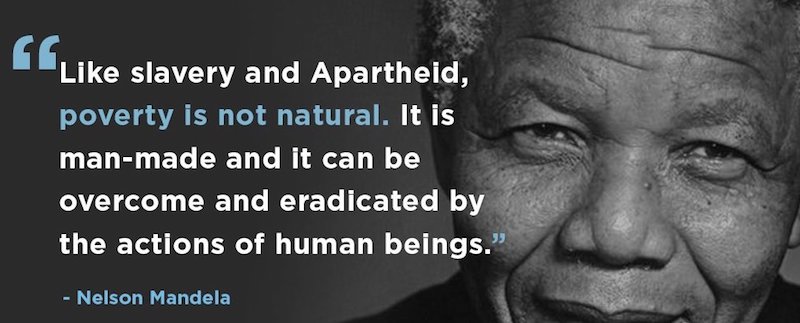
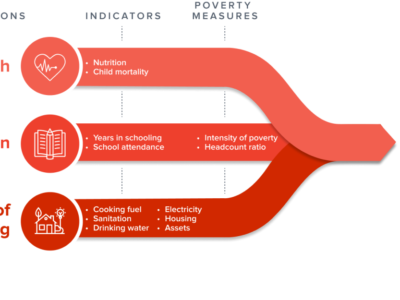

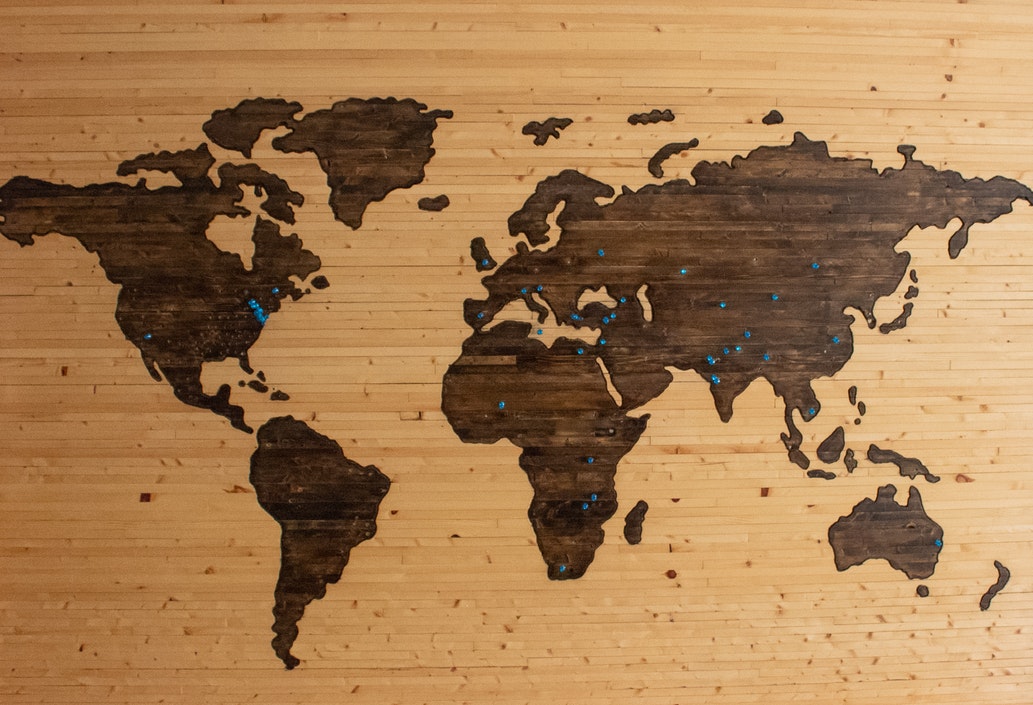

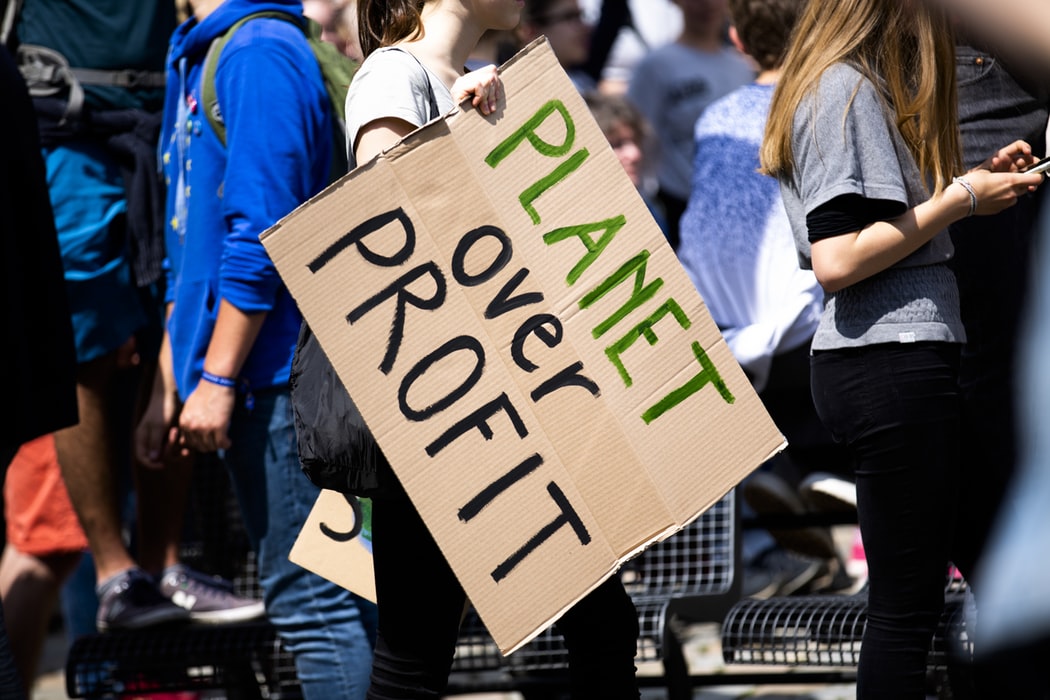
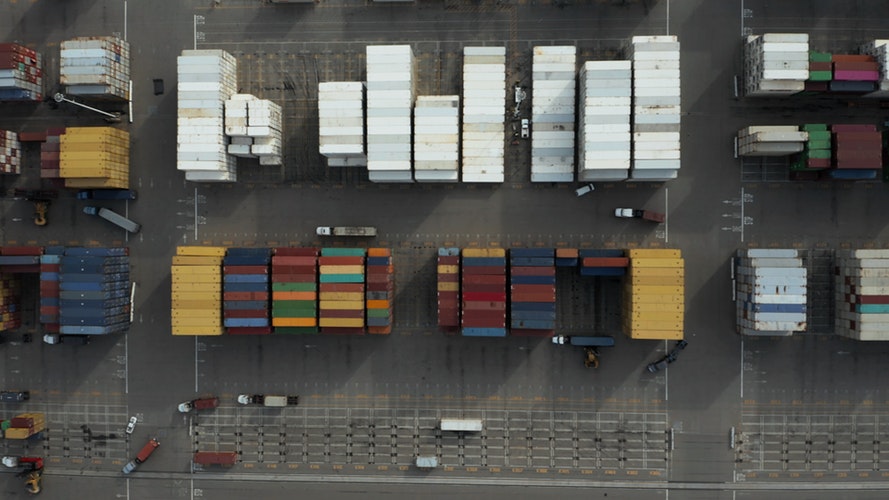
It is amazing how much we have achieved already. Although its still a work in progress, I believe the SDG’s will make a big difference in the fight against global poverty. Another important factor is the growing population, we need to spread the word about family planning and its advantages to people in these regions.
That’s what we hope and work towards – ending extreme poverty by 2030 no matter how the variable population is growing.
Thanks for commenting 👊🏽